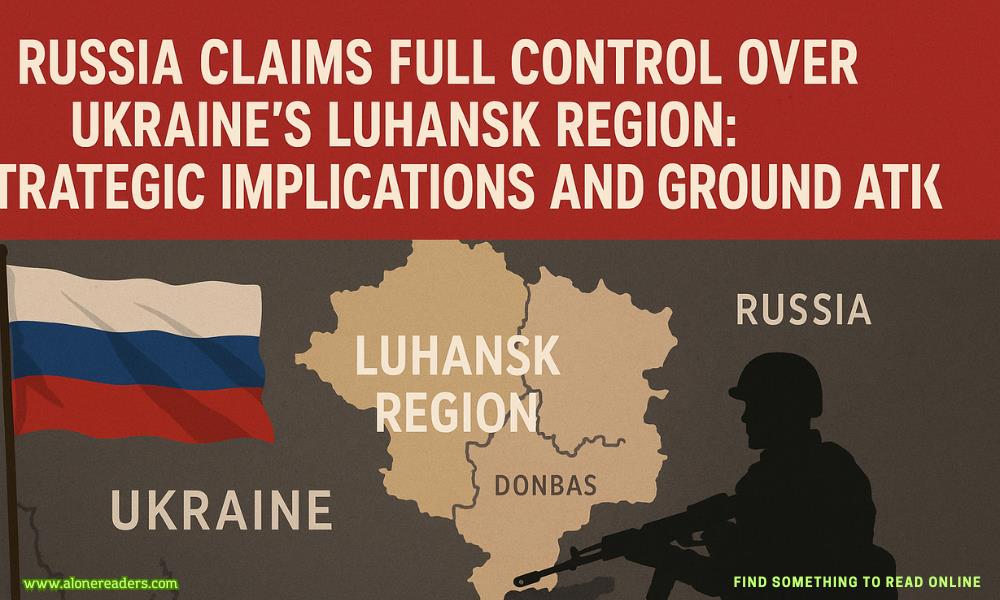Page 10 of Reckless Consequences
“Notice anything?” Mona asks, her head tilted in that calculating way that reminds me unnervingly of Alexander—the same processing pattern, the same blood running beneath different skin.
I scan the scene, pushing past the static of fear to analyze their patterns. “They’re only targeting our room. Not the others. Not even checking for potential witnesses.”
“Precisely.” A ghost of a smile touches her lips, the closest thing to genuine pleasure I’ve seen on her face. “Very specific targeting parameters. Genetically aligned.”
A soft click from the door lock sends both of us into defensive positions. I aim at the door while Mona presses herself against the wall beside it, something metallic gleaming in her hand that definitely wasn’t designed for its current purpose.
The door opens with exaggerated slowness—they’re expecting resistance. The first tactical helmet appears in the gap, night vision goggles giving the man an insectoid appearance.
I fire twice, hitting center mass. The body armor absorbs both shots, but the impact sends him staggering backward into his teammate. Before either can recover, Mona launches herself forward with surprising agility, driving what looks like a modified pen into the second man’s exposed neck just above his tactical vest.
He drops instantly, limbs suddenly disconnected from their command center.
“Epinephrine and sedative blend,” she explains, already dragging me toward the bathroom. “Very effective. Much unconsciousness. Forty-minute window.”
Outside, commands are shouted as the team realizes their entry failed. Military precision devolving into controlled urgency. I follow Mona into the bathroom, confused until she pushes aside the shower curtain to reveal a loosened ventilation grate—a backdoor I somehow missed in my earlier sweep.
“Pre-planned extraction route,” she says with a touch of pride. “Always have contingencies for contingencies.”
The vent is tight but navigable, clearly prepared in advance—the screws removed, the edges smoothed to prevent clothing snags or skin tears. Mona’s foresight continues to impress and unnerve me in equal measure.
When, exactly, had she done this? While I slept? While I showered? The thought sends a chill through me.
“Hurry,” she urges as more footsteps pound toward our room, boots against thin carpet creating a percussion of approaching threat. “They’ll deploy gas in seconds.”
The vent leads to an adjoining room, currently unoccupied, then to a maintenance closet that smells of industrial bleach and decades of accumulated grime, and finally out a service exit. We emerge into the pre-dawn air just as shouts erupt from our former room.
“This way,” Mona directs, leading me toward a rusty maintenance shed behind the motel where even the spiders have probably abandoned hope. Inside, a dusty tarp conceals our salvation—a beat-up Corolla that has definitely seen better decades, its beige paint faded to the color of surrender.
“You hot-wired this?” I ask, sliding into the passenger seat that smells faintly of old french fries and spilled coffee.
“Obviously,” she responds, the engine sputtering to life under her touch. “Tactically optimal choice. Statistically invisible. No one pursues a 1994 Toyota with mismatched panels and a bumper sticker declaring ‘My Child is an Honor Student.’“
She’s right. The car is so aggressively ordinary that my eyes want to slide right past it. As we pull out onto a service road behind the motel, I watch in the side mirror as the tactical team still converges on our former room.
“They haven’t noticed we’re gone,” I realize, a small victory that tastes sweet despite everything.
“They will. In about four minutes. By then, we’ll be gone.” Mona drives with surprising competence, her movements economical and precise. No wasted gestures, no unnecessary risks.
We drive in tense silence, Mona taking seemingly random turns that I gradually recognize as a deliberate pattern designed to identify pursuers. After thirty minutes with no sign of a tail, her shoulders relax fractionally.
As we turn onto a quiet stretch of country road, a sudden pulse throbs at the base of my neck where Jinx’s bite marks me. The sensation is electric, wild yet controlled, exactly like him. Through the stretched-thin pack bond, I feel a flash of his feral protectiveness, his chaos temporarily leashed but no less potent. He’s awake, alert, watching over the others while hunting for me through the bond.
My body responds as the pack bond strengthens—pulse quickening, skin flushing as I press my fingers to Jinx’s claiming mark. A surge of restlessness follows, a need to return to the cabin, to our shared space. I want to go back with an urgency that feels almost territorial, surprising for a beta like me.
The sensation brings unexpected tears to my eyes. The connection is thin but unbreakable—a reminder that I’m still tethered to something beyond this nightmare. For a heartbeat, I swear I can taste cherry tobacco and gunpowder at the back of my throat, feel the phantom pressure of his teeth against my skin.
“Theory confirmed,” Mona announces, breaking through my momentary connection. “It’s our blood. He’s tracking Sterling DNA.”
“How?” I demand, the question that’s been burning in my mind since we left the pack. “How is that even possible?”
“Genetic tracker technology,” she explains, pulling the car onto a dirt access road hidden behind overgrown bushes. “Daddy’s pet project for the past eleven years. Initially designed for military application—tracking specific genetic signatures through specialized drones.”
The casual way she says daddy while discussing what sounds like eugenics-adjacent warfare makes my skin crawl.
“But we can’t be the only people with our genetic markers,” I argue. “That’s not how DNA works. There are billions of people. Statistical impossibility.”
“We’re not,” she agrees, killing the engine once we’re concealed from the main road, the sudden silence amplifying the tension. “But we share father’s blood, along with unique genetic modifications he implemented. Makes us... particularly visible to his systems.”
- Merging with the Billionaire by Jenna Brandt
- Enticing Little Omega by Leslie Ayla
- Beneath the Scars by Leslie Ayla
- Faded Rhythm by Shae Sanders
- Dead to Me by Gytha Lodge
- Where Darkness Falls by Morgan Elise
- Taco Daddy by Golden Angel
- Garden Daddy by Golden Angel
- The Masks We Wear by A.M. DiTota
- The Pursuit of Happiness by A.M. DiTota
- Poison Nights & Twilight Alchemy by Candace Robinson
- Knave by Candace Robinson
- Chess by Candace Robinson
- Maddie by Candace Robinson
- Tik-Tok by Candace Robinson
- Ozma by Candace Robinson







